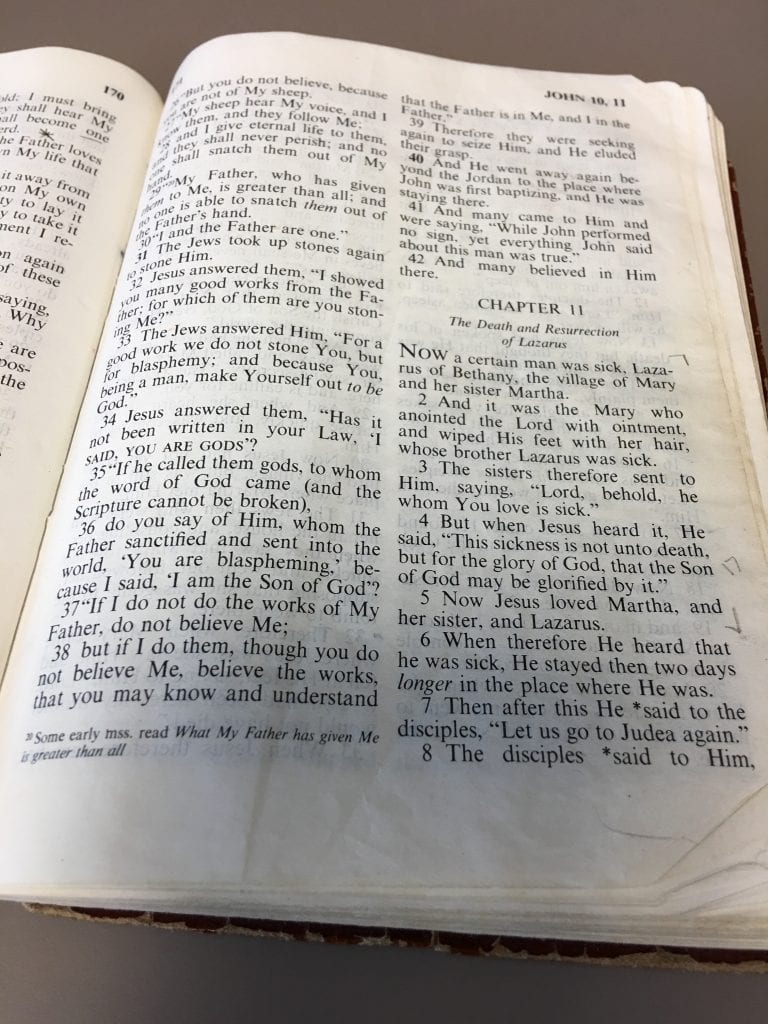
Some days bring with them a sadness… a deep sorrow that can’t be easily erased, forgotten, or conquered. Yesterday was one of those days. It brought a profound darkness into which I have yet to discover much light. Completely unannounced, a pair of investigators from the Mississippi State Public Defender’s office found their way to my office. “If you’ve got a minute, we need to talk to you about Jack Orson.” (The name has been changed for obvious reasons.) It was a name that I hadn’t thought of in the past 4 or 5 years. In fact, it took a minute for the name to even register in my mind. Slowly, the memories began to surface and images of a bright, quiet, but contented young man soon splashed across my mind.
I remembered some of his story. His parents were divorced and remarried. His father lived here in Nashville with a whole new family and his mother lived back in Mississippi, near the Gulf. They have been divorced for a long time. Jack spent much of his adolescent years being “ping-ponged” back and forth between his birth parents. A couple of summers were spent here in Nashville. He was quickly accepted into our church’s Youth Group. He went on youth camps and mission trips and was liked by all. After High School graduation, he slipped off my radar screen. He moved back to Mississippi where he went to work while living at his mother’s home.
“So what’s going on with Jack?” I inquired. The two investigators looked at each other for a moment as if wondering how to answer the question. “We are defending Jack in a court case. Actually, he has already been tried. We are trying to talk the judge into a lesser sentence.” It was then they shared the tragically sad news of Jack’s story. For some inexplicable reason, one night after work, he got in his car, drove three hours to his grandparents’ home, where he brutally murdered them both. He was found late that night driving erratically, with blood on his clothes, a knife and pistol riding along in the car with him. He now spends his days on death row, awaiting execution. The defenders are trying to commute the sentence down to life without parole.
I understand the heavy-handed sentence. Jack made terrible choices and will pay for those choices for the rest of his life, whether or not his life will end in months or in decades. It’s such a waste… 23 years old and never to know freedom again. He will spend a lifetime remembering his heinous acts. Although I am certainly mindful of his victims, those who are dead and those who now live with what their son has done, I am also mindful of his self-imposed victimization. I think about the life ahead of him. How many dark moments will he live? How many caustic remarks will fill his ears? How many acts of violence will find his body? How many tears will flood his eyes? How many abuses will he know? It’s just a sadness that I can’t seem to erase, forget, or conquer. My prayer is that somewhere along the way, he might find a gentle grace and be reminded that there is a loveliness hidden deep inside, put there by a Creator God who will forever refuse to let go of him.

